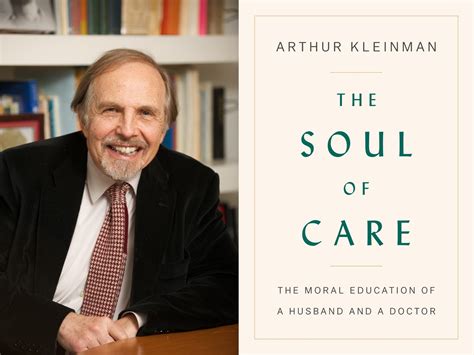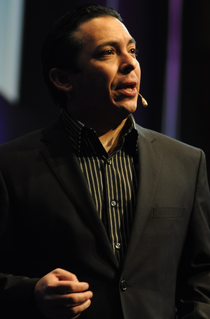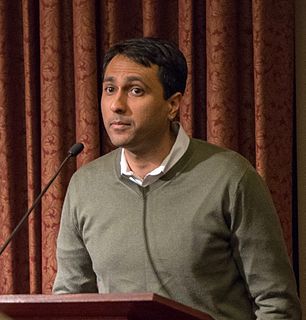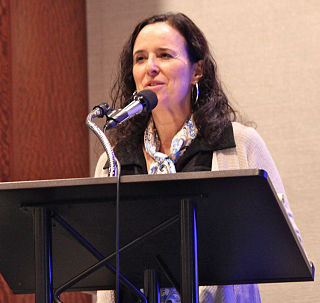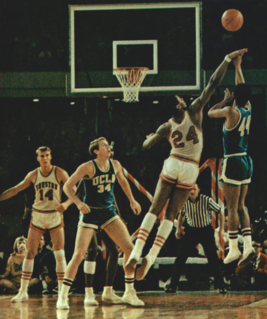Top 12 Ethnography Quotes & Sayings
Explore popular Ethnography quotes.
Last updated on April 14, 2025.
Michael Jackson is an extremely productive ethnographer, a serious reader of phenomenological and existential philosophy, and a remarkable writer at a level that one rarely sees in anthropology. Lifeworlds, unsurprisingly, is no exception. The several essays included here fit into an impressive whole that set out a compelling case for a type of ethnography of which Jackson is one of the masters. The writing is strong and the critical reflections impressive. This book defines an approach to anthropology that is resonant enough to challenge the leading models of our time.
Packed with interwoven personal narratives which the author ties together to show the fragility and molding of Buryat memory and Buryat shamanism's purpose during the transition from state socialism to neoliberal capitalism in Mongolia. . . . Buyandelger has created an emotive, accessible, and well-researched ethnography sure to arouse sympathy and interest in readers.


